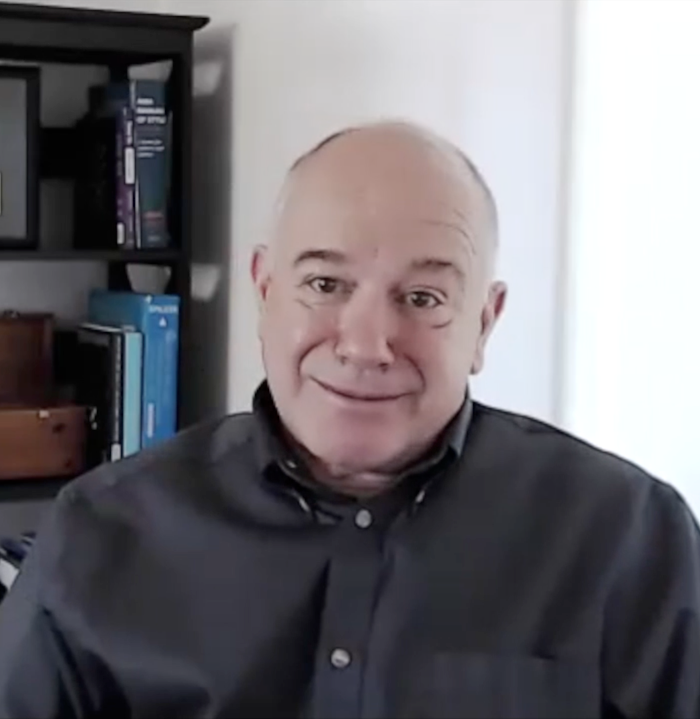- Bone Health
- Immunology
- Hematology
- Respiratory
- Dermatology
- Diabetes
- Gastroenterology
- Neurology
- Oncology
- Ophthalmology
- Rare Disease
- Rheumatology
Ivo Abraham, PhD, Discusses G-CSF Biosimilars, Such as Neulasta Onpro
Ivo Abraham, PhD, a professor with University of Arizona Health Sciences in the Department of Pharmacy Practice, outlines the current trajectory and savings potential for granulocyte-colony stimulating factor (G-CSF) biosimilars and Neulasta Onpro (pegfilgrastim).
In a recent interview, Ivo Abraham, PhD, a professor with the University of Arizona Health Sciences in the Department of Pharmacy Practice, discussed the current climate for granulocyte-colony stimulating factor (G-CSF) biosimilars and the impact of Neulasta’s on-body injector on the US biosimilar space. Neulasta Onpro (pegfilgrastim) is an originator product that has a 51% share of the pegfilgrastim market in the United States. Ivo also talked about how the COVID-19 pandemic is influencing pegfilgrastim biosimilar prescribing patterns.
Ivo Abraham, PhD

The interview was published in segments on AJMC.com, the website of The American Journal of Managed Care® and the sister site of The Center for Biosimilars®, earlier this year, and descriptions of these segments and links to them are provided below.
Abraham stated that the market for pegfilgrastim is bigger than for other G-CSF molecules (lenograstim, filgrastim, etc.) because pegfilgrastim products can be used as a prophylaxis for a wide range of cancer types, whereas other biosimilars are indicated for specific disease types. For example, he said, trastuzumab biosimilars are indicated for the treatment of breast and gastric cancers in patients who are positive for human epidermal growth factor 2.
He also talked about the changing provider preferences for using filgrastim vs pegfilgrastim, saying that many providers flock toward pegfilgrastim products because the time between doses is longer and more convenient than for filgrastim products. However, some patients must be administered filgrastim products because these are significantly cheaper than pegfilgrastim products, leading some payers to only authorize use of filgrastim.
Abraham discussed 2 recent cost-efficiency studies that he co-authored; these looked at the potential savings that could be generated by switching patients from Neulasta Onpro to pegfilgrastim biosimilars. He said that the savings achieved by using biosimilars over the very convenient on-body injector could be used to provide prophylactic treatment to more patients, and said the use of biosimilars has an added safety benefit, as the Onpro carries between a 1.9% and 6.7% risk of failure.
Additionally, Abraham mentioned the provider struggles with having to stock multiple pegfilgrastim biosimilars because commercial payers will make deals with different manufacturers to prefer one product over another. He said that pharmacists and clinicians use a variety of pegfilgrastim biosimilars, but payer contracts and stipulations increase the difficulty of managing multiple versions of the same molecule.
Finally, Abraham detailed how the COVID-19 pandemic has been good for biosimilars because it created conditions where reducing costs was a major priority. The pandemic also fostered an environment where confidence in biosimilars could thrive despite the history of fearmongering about the safety and efficacy of biosimilars.
Newsletter
Where clinical, regulatory, and economic perspectives converge—sign up for Center for Biosimilars® emails to get expert insights on emerging treatment paradigms, biosimilar policy, and real-world outcomes that shape patient care.
